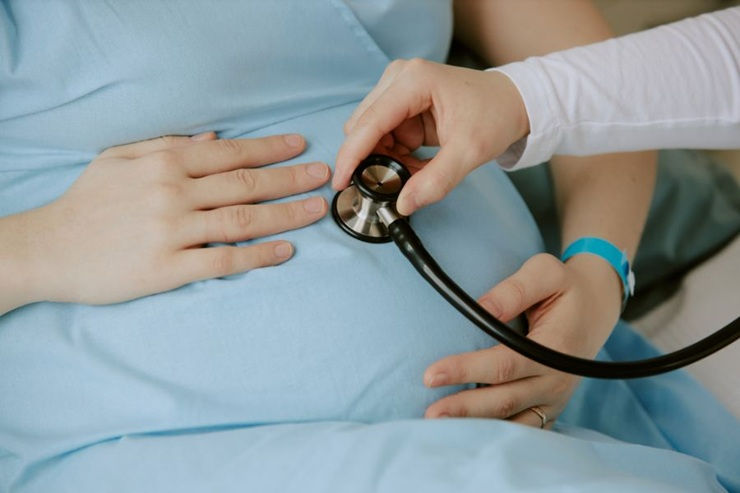Measuring children’s BMI could help tackle obesity and make surgery safer
- Jan 24, 2022
- 2 min read
Updated: Sep 29, 2022

A Southampton-led study has found almost a quarter of children needing surgery in 102 UK hospitals were overweight or obese. It calls for BMI to be routinely measured and for more support to address the burden of childhood obesity.
Surgery carries a risk for everyone, but it is greater for children with obesity. This is because they are more likely to have health conditions which increase their risk of complications.
Despite this, no UK data currently define the implications of childhood obesity for anaesthesia and surgery.
Now a national study, led by Dr Mark Edwards and a team of trainee anaesthetists, has shown that children needing surgery in the UK are more likely to be obese than in the UK population as a whole. Yet they found children’s BMI is not routinely calculated, so may not be accounted for in assessments of risk during surgery.
It is the first study in the UK to estimate the amount of obesity in children needing surgery.
Greater risk of complications
Rates of childhood obesity are increasing worldwide. In the UK, nearly a quarter of under-fives are overweight or obese. This increases to more than a third by the time children start secondary school.
As children and teenagers with obesity are around five times more likely to become obese adults, this can have long-term consequences for their health.
Children with obesity are more likely to have health conditions such as hypertension, type 2 diabetes, asthma, obstructive sleep apnoea, fatty liver and gastro-oesophageal reflux disease. These all increase their risk of complications during surgery.
Assessments of surgery risk
The Prevalence of perioperative childhood obesity in children undergoing general anaesthesia in the UK (PEACHY) study analysed data from 4,232 children having surgery at 102 hospitals in the UK.
The results, published in the British Journal of Anaesthesia, found 24 percent of the children, aged between two and 16 years, were overweight or obese.
Yet 76 percent of the hospitals did not routinely calculate children’s BMI before surgery, meaning this could not be considered in assessments of surgery risk.
In some cases, this led to children’s risk being incorrectly assessed. For example, 39 percent of children with severe obesity were risk stratified as being equivalent to a healthy child of normal weight.
Two-thirds of hospitals offered no weight management or lifestyle advice to children who were overweight or obese, or to their parents. The researchers suggest this is a valuable missed opportunity to help these children achieve a healthy weight and avoid long-term health problems.
Dr Zoë Burton, trainee lead for the study and now a Consultant Paediatric Anaesthetist at Sheffield Children’s Hospital, said: “This large multicentre cohort study suggests a concerning prevalence of children with obesity needing surgery in the UK.
“These results should be used to inform optimal provision of care for these children, and support healthcare initiatives, such as measuring BMI and offering advice on achieving a healthy weight, that could have lifelong benefits for these children’s health.”



Comments